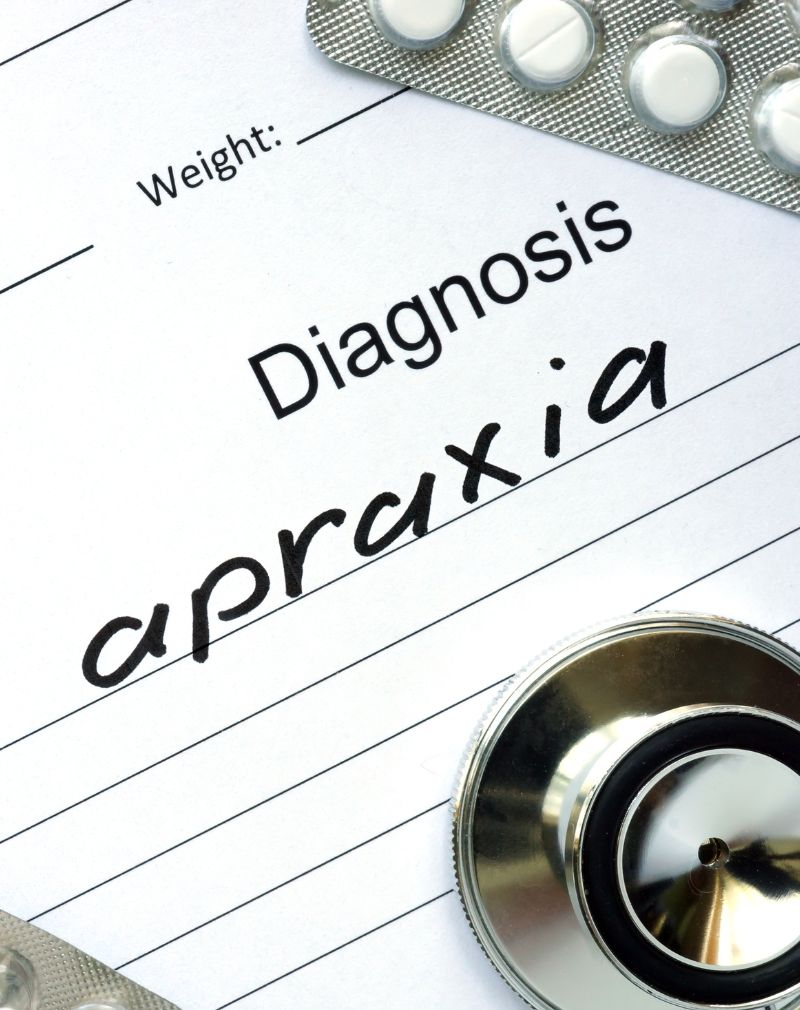-
August 29, 2024 The Power of Your Voice: Understanding and Overcoming Voice DisordersThe human voice is a powerful instrument, capable of conveying a vast range of emotions, thoughts, and ideas....
-
August 27, 2024 When Swallowing Becomes a Struggle: Understanding and Managing DysphagiaThe simple act of swallowing, something most of us take for granted, can become a daunting challenge for...
-
August 26, 2024 Finding Fluency: Overcoming Stuttering and StammeringThe rhythm and flow of conversation can sometimes be interrupted by unexpected pauses, repetitions, or prolongations of sounds....
-
August 23, 2024 Tangled Words: Expressive Language Delay/DisorderThe ability to express our thoughts and feelings through language is a gift that many of us take...
-
August 23, 2024 When Words Won’t Flow: Understanding and Overcoming Apraxia of Speech/DyspraxiaThe ability to transform thoughts into spoken words is a remarkable feat of human communication. However, for individuals...
-
August 15, 2024 Bridging the Understanding Gap: Addressing Receptive Language Delay/DisorderThe ability to understand and process spoken language is fundamental to human communication and learning. However, for individuals...
-
August 14, 2024 Decoding Speech Sounds: Understanding and Addressing Phonological DisordersPhonological disorders are more than just simple mispronunciations. They represent a challenge in understanding and applying the rules...
-
August 13, 2024 Finding Your Voice: Overcoming Articulation DisordersThe ability to communicate effectively is a cornerstone of human connection and success. However, for individuals with articulation...
-
March 19, 2024 Partnering with Your Speech Therapist: Helping Your Child Thrive with CommunicationSpeech and language delays can present challenges for a child's overall development, affecting their communication, social interactions, and...
-
February 12, 2024 Speech and language delays are just roadblocks, not dead endsEvery child deserves the chance to tell their story, share their dreams, and express their needs. Speech therapy...
- 01
- 02









